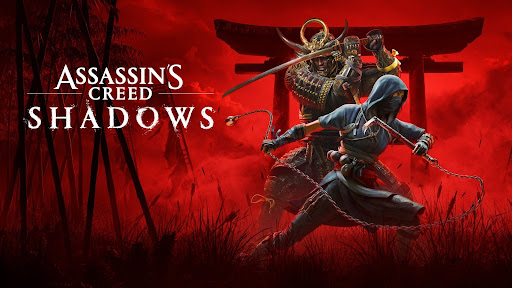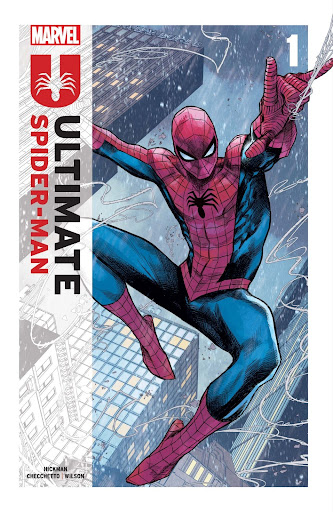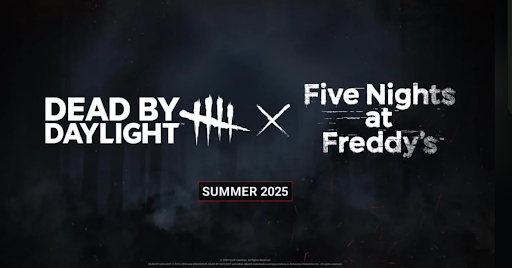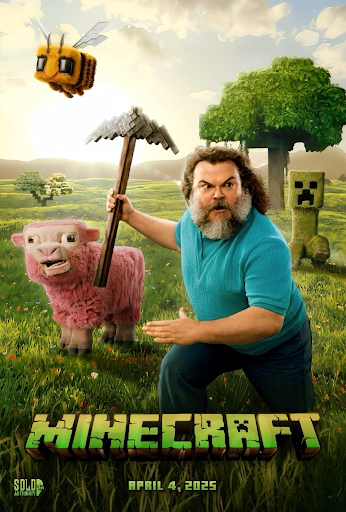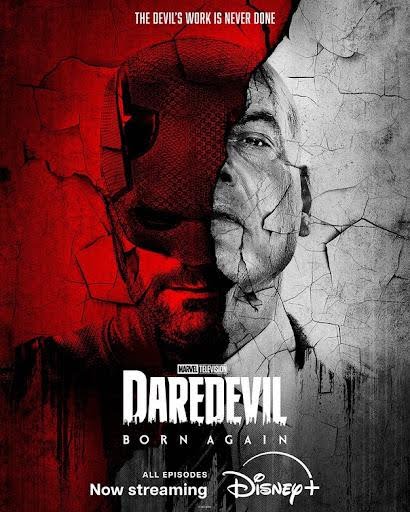‘Glass Onion’ Review: Continuing to Revitalize Whodunit Mysteries
“Glass Onion” was probably one of the movies that I had been looking forward to the most in 2022.
I was a huge fan of the first film “Knives Out,” and when not just one sequel was announced, but two, I got very excited. Then the cast list came out for “Glass Onion,” and I knew this would be an amazing movie. As a huge fan of “Guardians of the Galaxy,” “Parks and Recreation,” and Wes Anderson films, seeing a cast with Dave Bautista, Katherine Hahn, and Edward Norton, in addition to Daniel Craig returning from the first film, made me ecstatic.
After the film had a limited release in theaters it was then released to Netflix where I was finally able to see it after waiting since I first saw the film in early 2020.
The film was everything I had wanted it to be.
“Glass Onion” has many layers to its mystery, yet the answer is also in clear view the entire time, sort of like a, well, a “Glass Onion.” This review will also be layered, first talking about the setup of the movie and its politics, then the filmmaking and humor of the movie.
The fact that “Glass Onion” came out in 2022 is almost perfect, as many parts of the film feel like almost a parody of some of the year’s cultural trends and notable figures, yet at the same time, the characters are clearly not directly based on any specific individuals. While many might draw characters like Duke, Miles Bron, and Claire Debella to the likes of Andrew Tate, Elon Musk, and Gavin Newsom, these characters are clearly not just based on these individuals and more on their general tropes.
Duke can be any meathead men’s rights, anti-feminist streamer, because there are plenty to go around. Miles Bron is very clearly based on a collection of different tech billionaires, from the likes of Mark Zuckerberg, Steve Jobs, Elon Musk, and Sam Bankman-Fried. The way that Miles cuts Andy out of Alpha even feels like a specifically Jobs type of move, and the way he talks feels right out of Zuckerberg’s text-to-speech algorithms he uses.
Meanwhile, Claire has similarities to any government official who flees on vacation in times of need. From California Governor Gavin Newsom going to wine tastings during a lockdown, to Ted Cruz flying to Cancun while Texas experienced a massive power outage and snowstorm, to Australian Prime Minister Scott Morrison going on vacation in Hawaii while his country experienced devastating wildfires.
The politics of “Glass Onion” also specifically work as an excellent critique of the idea of a billionaire class.
Miles thinks himself invincible and that he can get away with anything, and any time that it’s revealed that Miles might be able to get into legal repercussions, he shows he has the money and power to fight it. He can pay off his friends to commit perjury, and he can kill Duke right in front of them because he has the money to ruin their lives if they oppose him.
I think this works really well because it works in relation to real-life events. Just look at the story of when Washington Commanders owner Daniel Snyder was able to pay to have trees removed from a national park without environmental assessment and when a ranger filed a whistleblower complaint and had his career ruined and put on trial. In a way, “Glass Onion” feels almost therapeutic with how we see Miles Bron get his just deserts in the only way he really knows with his house and the Mona Lisa he loves being destroyed.
Now onto the humor and filmmaking of the movie. I found “Glass Onion” to be a very funny film, as well as a strong whodunit.
Compared to the first film, “Glass Onion” feels like it’s filled with many more jokes, and I think that they’re all indeed quite funny.
On a technical level, the film is also very well put together. It uses its misdirections very well. I especially liked that on rewatch, you can see some of the points where it shows you what is really happening and how it shows you just what you need to see, and at times rather doesn’t show you what you should see.
With a good whodunit or mystery story, you don’t want the answer to be obvious. One of the best ways to do that is to show events with parts missing, so the audience doesn’t get ahead of the film, yet also still leaving some clues for them, such as with the fake murder mystery within the film that Blanc solves in a matter of seconds.
Overall, while I think some of the emotional beats in “Knives Out” aren’t as strong in “Glass Onion,” I think it’s also an exceptional film, and for that, I must give it a 9/10. If you liked “Knives Out,” or just like a good mystery or comedy film, I implore you to give “Glass Onion” a try. The film is currently available on Netflix.



